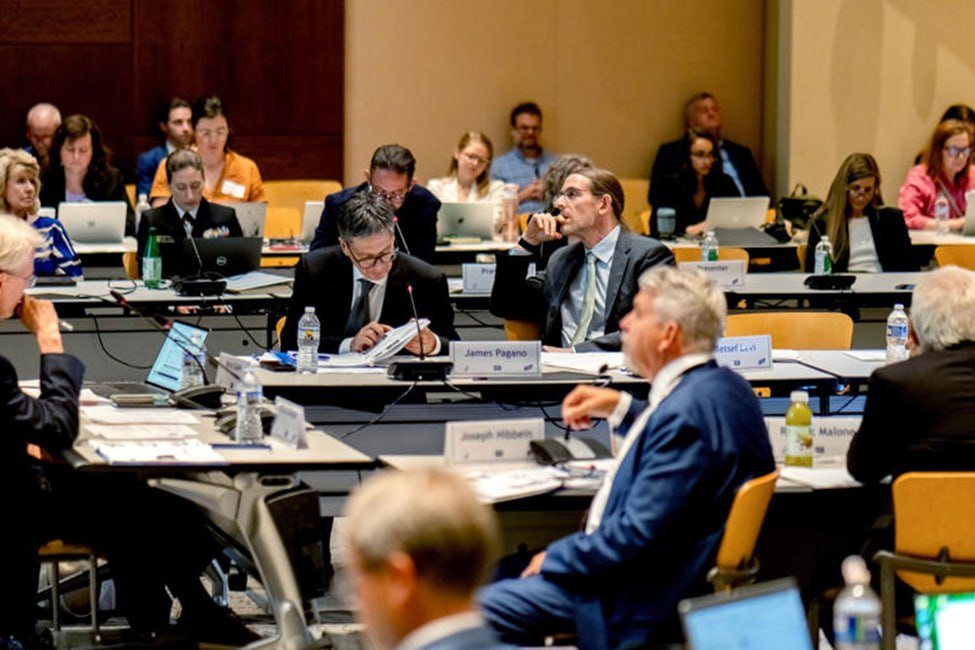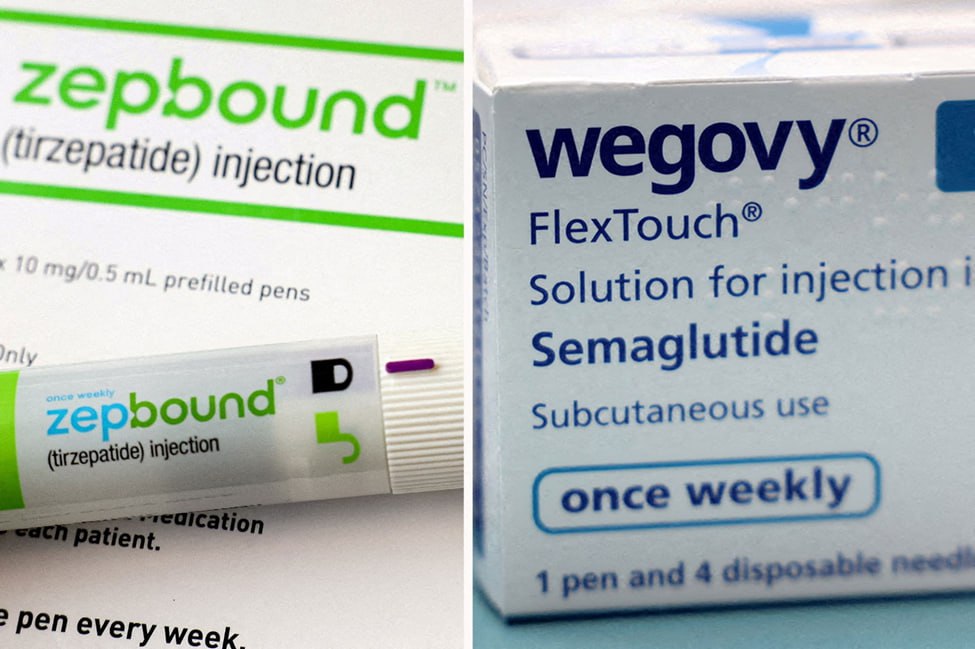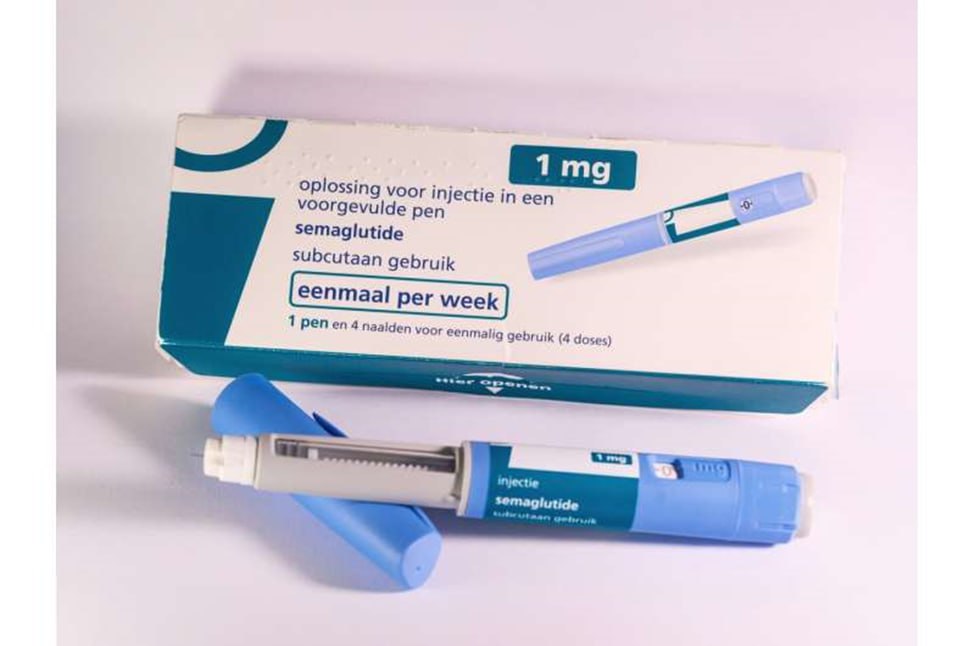Conflicts of interest on the U.S. Centers for Disease Control and Prevention’s vaccine advisory committee were at historic lows around the time when Health Secretary Robert F. Kennedy Jr. fired all 17 members in June, new data published in a medical journal on Monday showed.
Kennedy had said, based on findings from a 2007 report, that the Advisory Committee on Immunization Practices (ACIP) was rife with conflicts.
The new study published in JAMA found that between 2000 and 2024, ACIP’s annual reported conflict of interest rate declined from 42.8% to 5%.
ACIP advises on which groups of people should take each vaccine approved by the U.S. Food and Drug Administration, and when they should be administered.
Conflict of interest rates on the FDA’s Vaccines and Related Biological Products Advisory Committee (VRBPAC), which advises the agency on whether to approve vaccines, have remained below 4% since 2010, including 10 years when it was 0%, the researchers also found.
The most frequently reported conflict of interest was funding for research, which is generally considered less concerning than financial ties associated with personal income, the researchers said.
The prevalence of conflicts related to personal income – such as from consulting, royalties, or stock ownership – had been below 1% for both committees since 2016.
“In the past, there have been high levels of reported conflicts on influential vaccine committees, but there has been substantial progress since the early 2000s,” study leader Genevieve Kanter of the Schaeffer Center at the University of Southern California said in a statement.
“Secretary Kennedy is right that conflict of interest is an important issue, but he is wrong that it is present at substantial levels on (U.S. Department of Health and Human Services) vaccine advisory committees,” co-author Peter Lurie, president of the Center for Science in the Public Interest and former FDA associate commissioner, said in a statement.
Responding to the study, Department of Health and Human Services press secretary Emily Hilliard said, “Secretary Kennedy is committed to eliminating both real and perceived conflicts to strengthen confidence in public health decisions.”
Earlier this year, the agency launched its ACIP Conflicts of Interest Disclosures tool, she noted.






